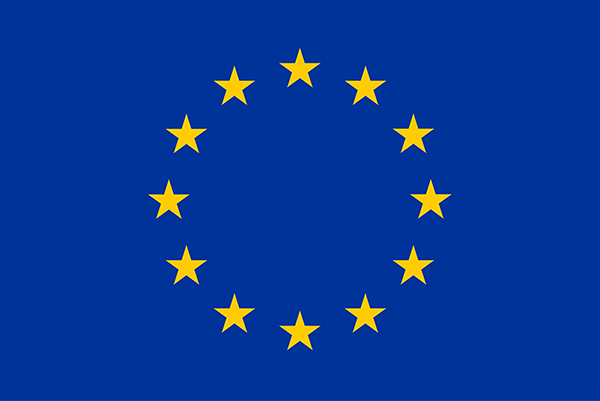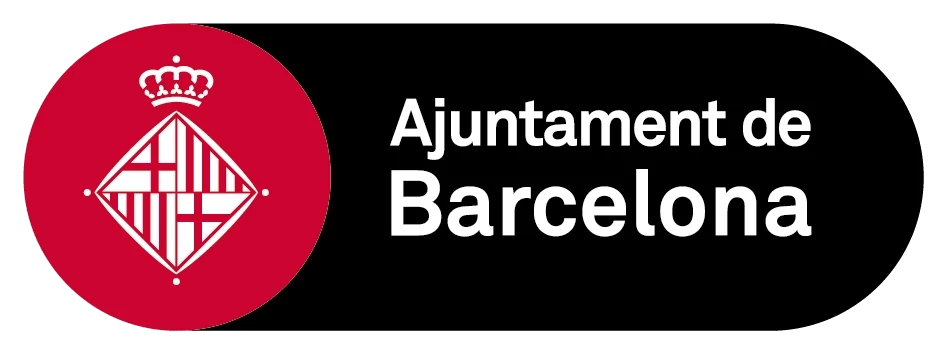Noticias y novedades
Información actualizada sobre SMILES
Children grow up in a world characterised by an ever-increasing supply of digital information. They are literally one click away from an overdose of information on just about any topic. It’s impossible to shield children from fake news. But we can teach children to critically assess the information with which they are confronted.
Teachers can help pupils to think critically about the truth and reliability of claims in the media. Media literacy is considered a key competence in teaching pupils how to deal with media and information. It means both the competence to find correct information and to...
Leer más
In recent years, Ireland has achieved important advancements in relation to Media Literacy. Following the launch of its first Media Literacy policy in 2016, an association called Media Literacy Ireland was established to bring together individuals and organszations to help promote the subject across the country. Since then, national campaigns have been designed and implemented with the participation of key stakeholders, including government institutions, media companies, and academia. In the educational system, a Digital Media Literacy short course was developed, and schools can use it as part...
Leer más
Democracy in the digital networked age of “fake news” and “alternative facts” requires new literacy skills and critical awareness to read, write, and use media and technology to empower civic participation and social transformation. Unfortunately, not many educators have been prepared to teach students how to think critically with and about the media and technology that engulf us. Along with my colleagues at the UCLA School of Education and Information Studies, I have spent many years investigating and exploring how best to prepare teachers for the challenge that faces them in schools when it ...
Leer más
The curricula for initial teacher education in Brazil, and in a significant part of Latin America, lag behind reality. It is common to see educators who have just graduated but are unable to simply teach. Academic laboratories are focused on research, but very little on creation. As a result, what usually happens is that courses in pedagogy produce excellent researchers, but disoriented teachers.
That kind of utopia that academic spaces propose, looking only to the past, often ends up undermining the possibility of transforming reality. Dreaming is necessary, but it needs to be accompanied by h...
Leer más



